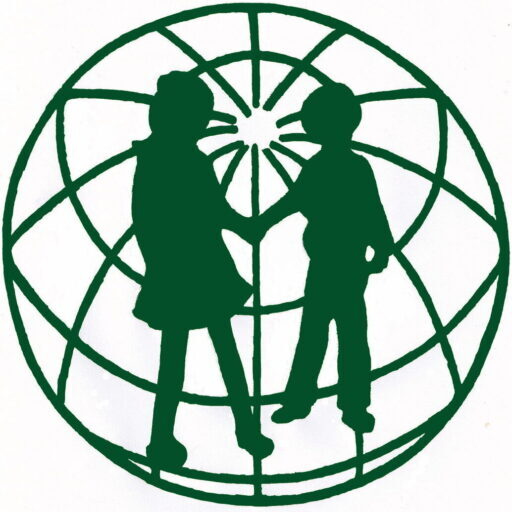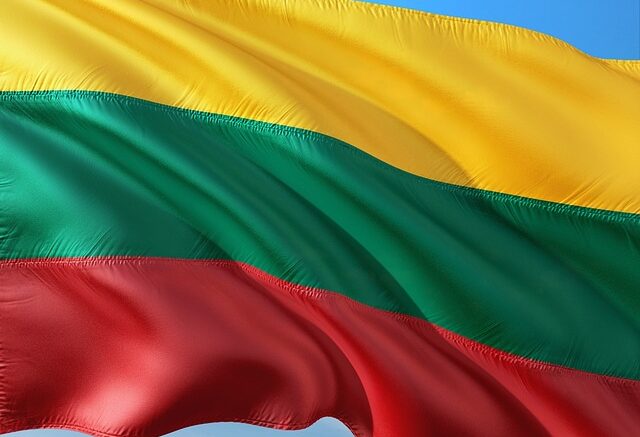Report on visit to Vilnius 19 – 22 October
Introduction and objectives
Over a three day period in late October a team of experienced clinicians from the Royal Brompton Hospital visited the Paediatric Cystic Fibrosis service at Vilnius University Hospital.
Working alongside colleagues in Vilnius, they held five outpatient clinic sessions, organised in a fully multidisciplinary way to represent as closely as possible the method of working used at the RBHT.
The aim was to provide a highly practical demonstration of the benefits of modern treatment regimes and, in particular, the importance of a multidisciplinary approach with reduced emphasis on the medical model of care.
In total 25 patients, mostly children, and their parents were seen by all members of the team, accompanied by local staff, all able to speak and understand English. Every aspect of their care was discussed, followed by a plenary report-back session at the end of each clinic.
The opportunity was also taken to catch up with work and priorities of the Parent Support Group (PSG).
The visit worked very well, with all local staff enthusiastically embracing the concept of multidisciplinary working. However, evidence of real change in that direction since the previous visit was disappointingly limited.
Team and Programme
The team from the Royal Brompton Hospital consisted of:
- Dr Mark Rosenthal Consultant, Paediatric Respiratory Medicine, Royal Brompton Hospital;
- Nicola Collins Senior Paediatric Physiotherapist
- Suzie Nolan Paediatric Respiratory Dietician
- Michele Puckey Consultant Paediatric Clinical Psychologist
- Karen Henney Specialist Nurse
- Rod Halls Project Manager (Lithuania), CHI
The visit was organised in collaboration with the CF lead clinicians Assoc. Professor Sigitas Dumcius and Dr Odeta Kinciniene.
The programme and brief were agreed in advance after many exchanges and were designed to provide maximum opportunity for clinical involvement and discussion.
The programme and findings
The clinic arrangements were relatively complicated for local staff and parents/patients with a lot to fit into a tight programme. However, in the event, the logistics worked extremely well.
The local professionals and parents/patients responded very positively and clearly welcomed the opportunity to see at first hand the real benefits of a truly multidisciplinary approach. Nonetheless, the team were very conscious that those benefits would raise expectations which could not currently be met given the lack of resources locally.
There is no doubt that CF care in Vilnius is better for the involvement of CHI. It has enabled the sharing of modern treatment methods (the Brompton guidelines are being used) and key professional staff have changed practice as a result.
However, as previously stated in the 2012 report, the key issue remains a cultural one. The team found that the model of care remains medically dominated in a way which seems old fashioned to us. Of course, it may be more acceptable, even expected, within Lithuanian society. It is easy to preach ‘multidisciplinarianism’ when the real key to loosening the medical grip is perhaps not a lack of will but a lack of resources. A few more Physiotherapists or Dieticians and any significant Psychology input could transform the model.
However, it can be stated quite unequivocally that there is no lack of understanding about what now constitutes good, modern CF care.
Conclusions and proposals
The visit went well and according to plan. The Team found the experience interesting and instructive; and colleagues in Vilnius, patients and parents are undoubtedly better informed.
However, the team feels that further visits of this kind are not the best way to use CHI’s limited resources. Instead, support should be given to more targeted exchange visits. The first of these could be to the outreach nursing service provided by the Brompton. In turn, such an approach could help reduce the medical dominance of the present service.
The Parent Support Group continues to do good work as far as we can see. Further support, as provided previously, is recommended at a cost of £1000 to £1500 over the next two to three years.
January 2017
Following a very successful visit to Vilnius in 2014 the team concluded that “There is no doubt that CF care in Vilnius is better for the involvement of CHI. It has enabled the sharing of modern treatment methods (the Brompton guidelines are being used) and key professional staff have changed practice as a result…..it can be stated quite unequivocally that there is no lack of understanding about what now constitutes good, modern CF care. However, the key issue remains a cultural one…. the real key to loosening the medical grip is perhaps not a lack of will but a lack of resources. A few more Physiotherapists or Dieticians and any significant Psychology input could transform the model.”
As a result we do not plan further team visits but will support training physiotherapists, dieticians or outreach nurses when they become available. We also continue to support the parents’ association in their campaigning work.

